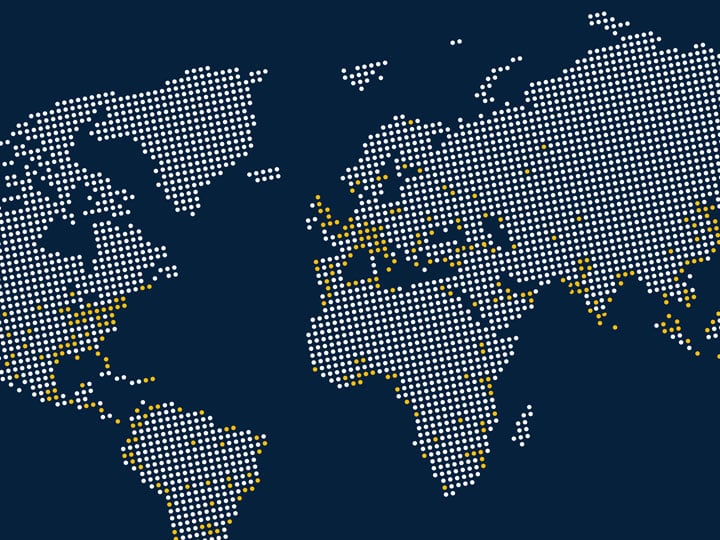Evaluating the building blocks of your LED Technology: LEDs, LED Packages, and LED Arrays with worldwide LED Testing Solutions
LED testing is the process of evaluating and assessing the performance, quality, and safety of LED (Light Emitting Diode) lighting products. It involves conducting various tests and measurements to ensure that the LED lights meet industry standards and regulatory requirements. LED testing typically includes:
- Luminous efficacy: Measuring the amount of visible light output in relation to the electrical power input, usually expressed in lumens per watt (lm/W).
- Color characteristics: Assessing the color temperature (measured in Kelvin) and color rendering index (CRI) to ensure the LED light produces the desired color and accurately renders colors of objects.
- Lifetime and reliability: Evaluating the lifespan of the LED lighting product by conducting accelerated aging tests to estimate its durability and longevity.
- Electrical safety: Verifying compliance with electrical safety standards to ensure that the LED lighting product does not pose any electrical hazards, such as insulation resistance, dielectric strength, and electrical leakage.
- Thermal management: Assessing the ability of the LED light to dissipate heat effectively, preventing overheating and maintaining optimal performance.
- Environmental and energy efficiency: Testing for energy consumption, efficiency, and compliance with environmental regulations, such as Energy Star® or EPEAT certifications.
Leveraging LED sources with demonstrated compliance to applicable lumen maintenance and/or color maintenance performance requirements enables a more efficient LED testing and certification process for lamps and luminaires.
LEDs tested by a third party to applicable standards, such as LM-80 with 6,000 minimum testing hours required, will minimize delays in meeting energy efficiency requirements such as Energy-related Products (ErP) Directive, ENERGY STAR®, or DesignLights Consortium™ (DLC).
While LED lamp and luminaire development is typically measured in months, utilizing suitably-rated components can expedite energy efficiency program testing or certification to a matter of weeks.
Typical performance tests for these products include:
- IES standards including LM-79, LM-80, LM-82, and LM-84
- IES standards including TM 30
- IEC standards including IEC 62612
- CIE S 025
- Customized Manufacturer-Specific Test Methods
Intertek’s industry-leading global lab footprint and breadth of LED Testing services offer the most efficient path to market for your products. Our most common services for this product category include:
- Energy Efficiency Testing & Certification
- Performance Testing
- Accelerated Reliability Testing
- Accelerated Stress Testing (AST)
- Design Verification Report (DVR) Services
Knowledge Center
Considerations in Bringing a Germicidal Product to Market Webinar
Commercial Displays: Compliance to ANSI/UL 970 Fact Sheet
Lighting for Hazardous Locations Fact Sheet
Germicidal Lighting Fact Sheet
Horticultural Lighting Safety & Performance Criteria Fact Sheet
Product Listing & Marking Strategies White Paper
Mitigating Cyber Threats to Connected Lighting Products Webinar
Automotive Lighting: Photometric Concepts, Calibration, and Measurement White Paper
Class P Program for LED Light Engines Fact Sheet
ANSI/UL 8750: Overview and Tips for Manufacturers
LED Lamps: LM-84 & DOE Rules Tip Sheet
Ingress Protection for Lighting Products IP vs. NEMA Ratings White Paper
California Energy Commission (CEC) Title 20 and Title 24 White Paper
Resources
- Global Lighting Standards
- Reese's Law – ANSI/UL 4200A-2023
- Sustainability Solutions for Lighting
- My Test Central
- Product Directories
- Certification Marks
- Global Market Access
- SatelliteTM Client Test Program
- Intertek Protek - The world’s first industry-agnostic, end-to-end health, safety and wellbeing assurance program

